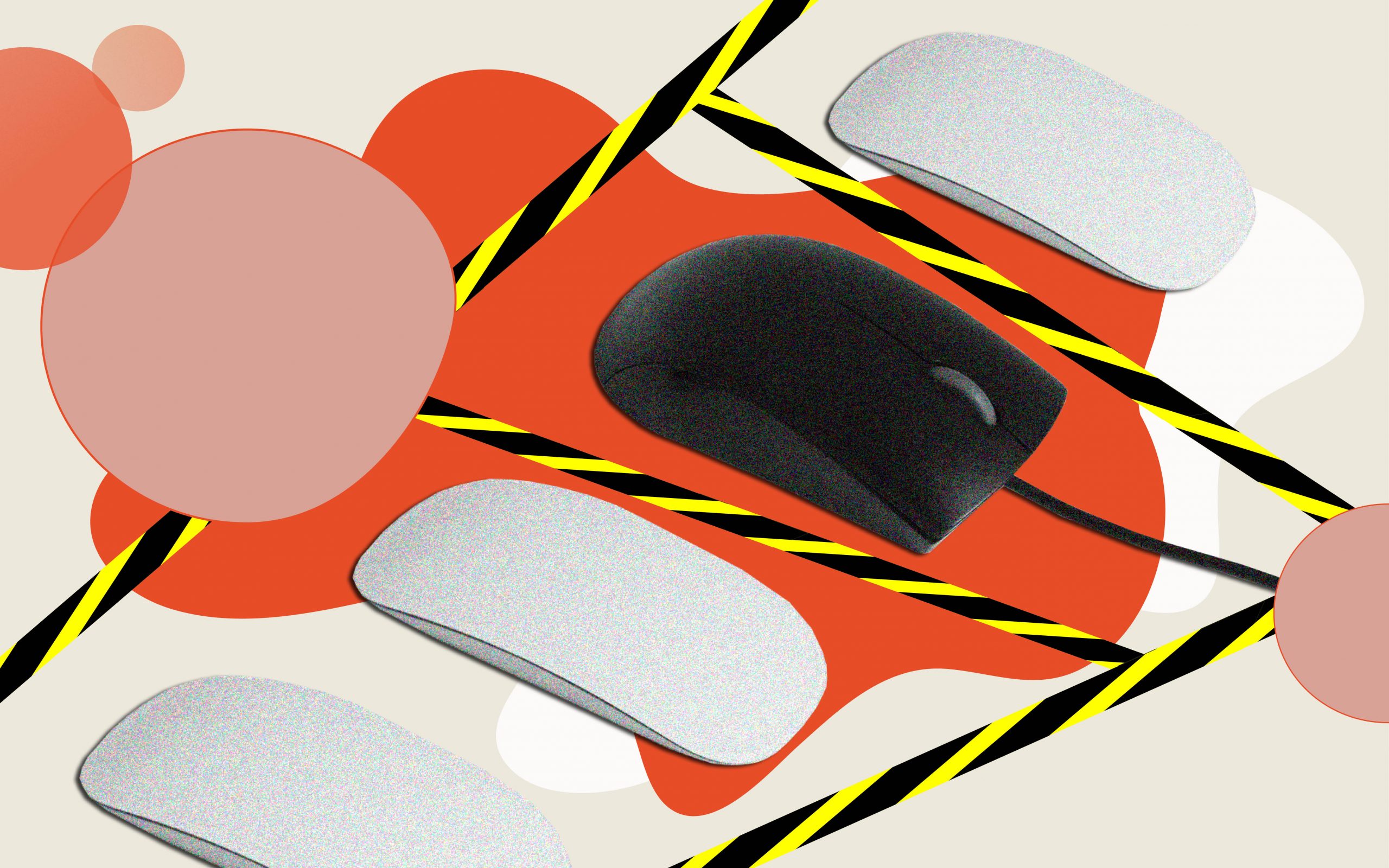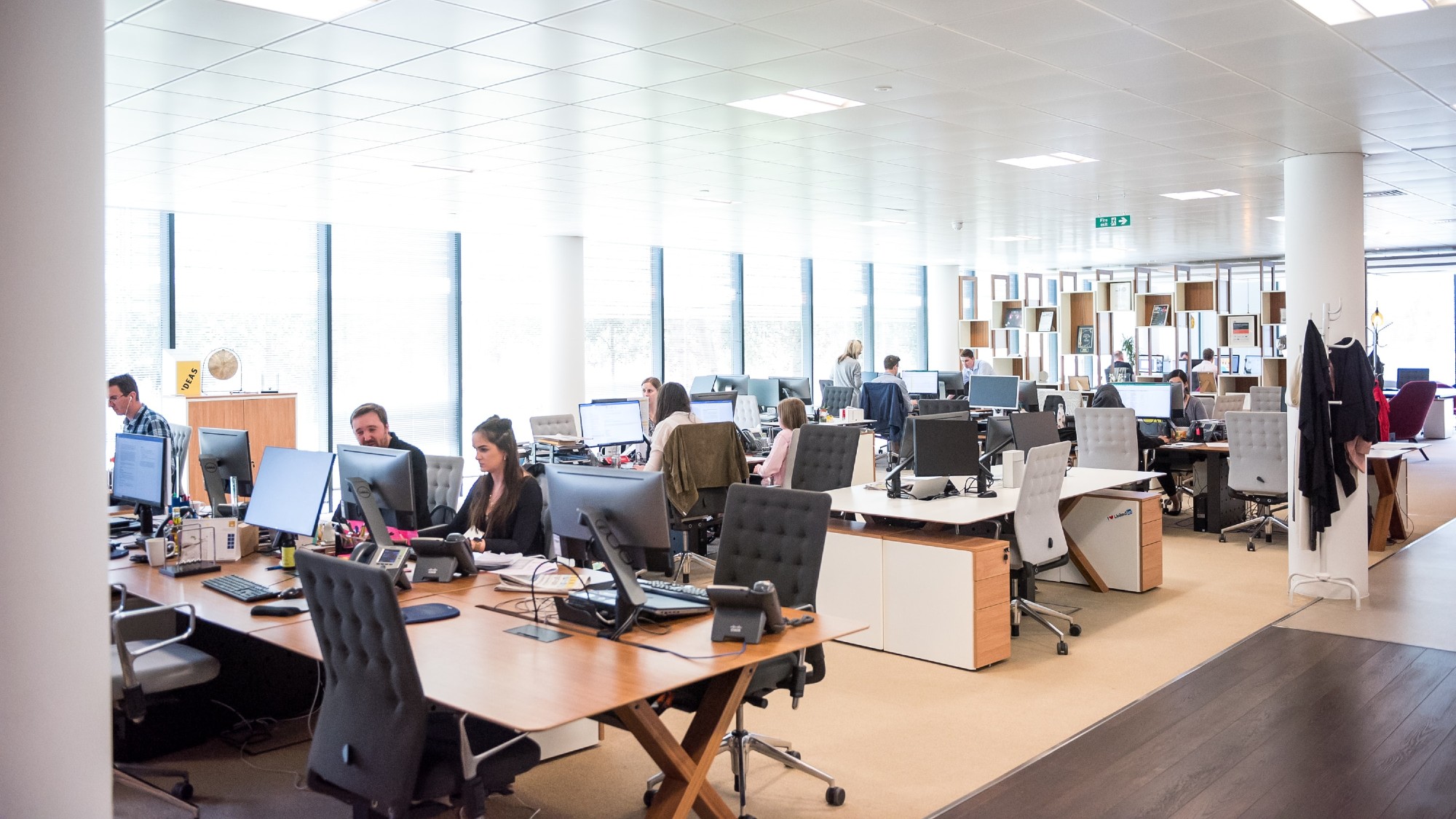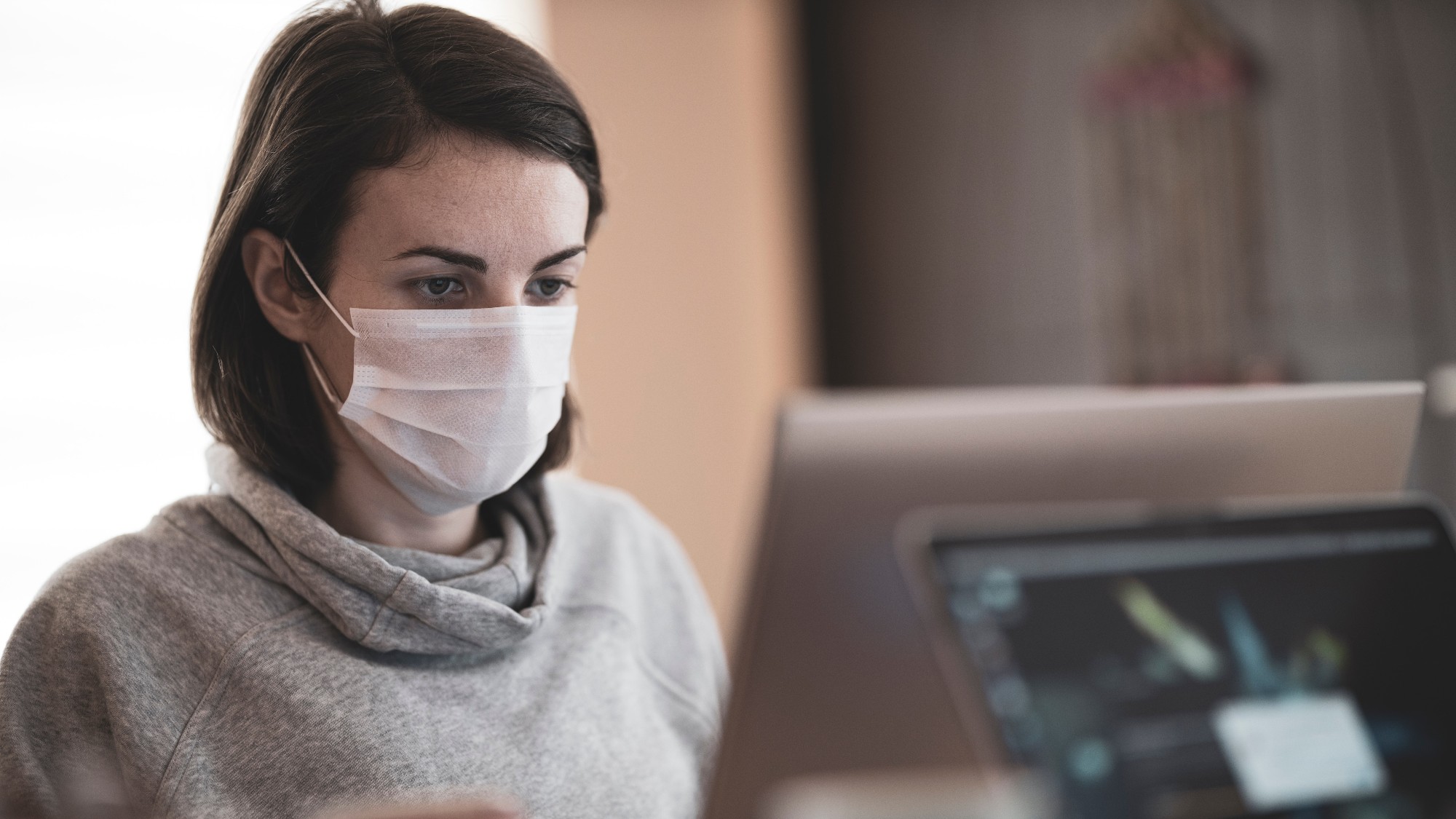Coronavirus: your rights around returning to work explained
From PPE to pay cuts, an employment lawyer answers our burning questions on returning to the workplace

From PPE to pay cuts, an employment lawyer answers our burning questions on returning to the workplace
A coronavirus vaccine has been approved, lockdown take two is ending, and a new year is swiftly approaching. So what does all this mean for the world of work?
The promising approval of a new Covid-19 vaccine has opened up the possibility of employees returning to the workplace.
Unsurprisingly, many are concerned with the risk this poses to both mental and physical health. In fact, new research has found that over a third of Brits think returning to 'a normal way of working' following England's second lockdown would negatively impact their mental health.
As an employee, you probably became well versed in the working rights you are entitled to at the beginning of the pandemic. But life after a second lockdown still holds many questions. Luckily, we're on hand to help.
We asked Laura Kearsley, partner in Nelsons’ employment law team, to answer some of the most pressing questions and concerns on returning to work in the wake of the coronavirus.
Returning to work - your questions answered:

1. My employer is re-opening my workplace, but I am concerned there isn’t space to maintain social distancing. Do I have to go back to work if I am concerned for my health and safety?
The government is urging employers and employees to discuss concerns they might have and approaches to ensuring that workplaces are safe. The government has issued extensive guidance for employers to ensure that workplaces are 'Covid-19 secure' and this includes completing a risk assessment.
Marie Claire Newsletter
Celebrity news, beauty, fashion advice, and fascinating features, delivered straight to your inbox!
Employees should offer suggestions to their employer if they think there are other measures that could be taken to protect the workforce. We recommend trying to maintain an open dialogue so employees can get reassurance that their safety is being taken seriously.
Ultimately, if you do not attend work because of safety concerns, your employer could treat your absence as unauthorised and follow its disciplinary process.
Employees do have legal rights not to be dismissed for raising health and safety claims but in the current climate, it would be preferable to try everything to resolve the situation without resorting to litigation, which could take many months.
2. I have colleagues that don’t adhere to the social distancing rules at work – what shall I do?
Make your employer aware straight away and they should deal with this issue, potentially under the disciplinary policy.
3. I have had a further letter from the government advising me to continue shielding yet my workplace has re-opened. What will my employer do?
You should not return to work if you have been advised by the government to shield. This will apply only to those in receipt of a letter, who are in the extremely vulnerable category.
If you can work from home, you should continue to do so. If you cannot work from home, you will need to agree with your employer how they will deal with your absence from work. You are potentially eligible to be furloughed if they will agree to this and can access the Coronavirus Job Retention Scheme (CJRS).
4. My partner is in a high-risk category, can I refuse to go back to work?
Those who have family members that are at greater risk from Covid-19 will understandably be concerned about returning to work. You should discuss your concerns with your employer and they should consider whether you can work from home, whether you can be furloughed or whether you can be reassured that your workplace is safe for you and your family.
5. My workplace has re-opened but my children can’t go back to school yet, where do I stand?
If you don’t have childcare, returning to work might not be an option for you. You can discuss with your employer whether you can be furloughed (or remain on furlough for now) or whether you can work from home in some capacity.
6. Should my employer provide me with PPE?
There is no blanket requirement that all employees who attend work need PPE. The guidance is specific to different industries/sectors and generally, if social distancing can be maintained, PPE will not be compulsory. You should discuss any specific concerns or requirements with your employer.

7. I have raised concerns with my employer that I don’t feel safe returning to work but they aren’t listening, what else should I do?
If you don’t feel your concerns have been addressed, you can consider whether to contact the Health and Safety Executive (HSE) about your concerns. It is the government body with responsibility for safety in the workplace and can take enforcement action against employers who are lacking.
8. Can my employer ask me to take a pay cut after returning to work?
Broadly speaking, an employer can ask an employee to take a pay cut, but the employee can refuse. If the employer imposes the pay cut without the employee’s agreement, they will be in breach of contract. An employee can respond to this in one of three main ways:
(1) Waive the breach by carrying on working for less pay. (2) Continue working ‘under protest’ and bring a claim for breach of contract or unlawful deductions from wages. (3) Resign and claim constructive dismissal.
9. How much notice should I be given that I have to return from furlough leave?
'You should be given any required period of notice specified in the furlough agreement between you and your employer. If no period of notice was specified, your employer ought to give you reasonable notice. Depending on the circumstances, this could be as little as a day or two. Guidance published by ACAS states that employees should be ready to return to work at short notice, but employers should be flexible where possible.'
If you are in a dispute with your employer, you could also consider contacting ACAS, the government body that conciliate employment disputes.
For more information on employee rights in the workplace, see nelsonslaw.co.uk. For the latest government advice on coronavirus, please see gov.uk
Olivia – who rebranded as Liv a few years ago – is a freelance digital writer at Marie Claire UK. She recently swapped guaranteed sunshine and a tax-free salary in Dubai for London’s constant cloud and overpriced public transport. During her time in the Middle East, Olivia worked for international titles including Cosmopolitan, HELLO! and Grazia. She transitioned from celebrity weekly magazine new! in London, where she worked as the publication’s Fitness & Food editor. Unsurprisingly, she likes fitness and food, and also enjoys hoarding beauty products and recycling.
-
 Anya Hindmarch has just launched a fantastical diving shop in central London
Anya Hindmarch has just launched a fantastical diving shop in central LondonFor those who would rather be beside the seaside...
By Sofia Piza
-
 Blake Lively’s legal team has criticised Justin Baldoni’s “scorched earth" approach
Blake Lively’s legal team has criticised Justin Baldoni’s “scorched earth" approachBy Jenny Proudfoot
-
 Aimee Lou Wood has called out Saturday Night Live for its “mean” joke about her appearance
Aimee Lou Wood has called out Saturday Night Live for its “mean” joke about her appearanceBy Jenny Proudfoot